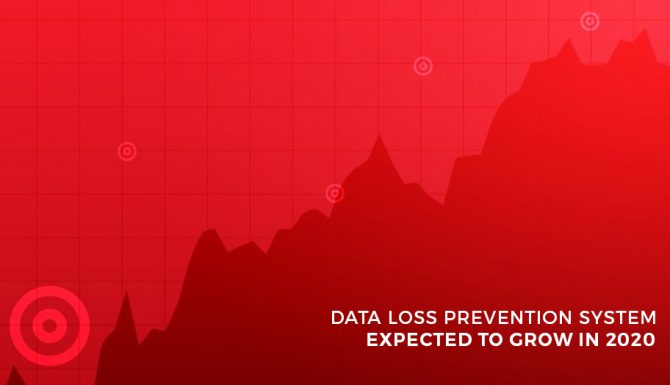The market for the Data Loss Prevention (DLP) system is expected to grow come 2020. With more companies securing critical information and data.
According to the tech market research firm, The Radicati Group, the DLP market will be worth $2.2 billion in 2022, with new products and services introduced. Because DLP is integral in storing critical data and files, traditional approaches to the system don’t work anymore. In fact, The Radicati Group states that storing and securing workloads can be enhanced with an advanced information life cycle.
Information Technology departments can attest to how advanced DLP can make data storage relatively easier and risk-free. With this, a new breed of DLP approach is needed to increase the security layers of the DLP systems.

Scattered Data on Cloud
A survey conducted by Spiceworks found out that IT professionals are also worried about the scattered data across different locations on the cloud. With the increasing number of companies migrating files and documents to virtual data storage. They overlook the security part involved. Hackers can use a few tools to access these cloud storage and be able to expose valuable data.
The vulnerability of critical information is higher as some cloud infrastructure lacks sophisticated security features. This makes this storage solution ineffective and, thus, susceptible to breach. Although there are benefits, including accessibility and ease of use, without having a great security system in place, the storage solution failed.
Analyst Pete Lindstorm said, “Ensuring the confidentiality, integrity, and availability of data is the key objective of most security programs in organizations today. The data proliferates throughout data centers, partners, and clouds at a rate driving productivity for some but also increasing risk when sensitive data is involved.”
Third-Party Cloud Providers
Data and information are at higher risk with third-party cloud providers as malicious hacks of infrastructure can happen. Trusting these third-party providers pose a threat because they are handling the system.
Spiceworks’ survey also found out that most companies shift to newer data storage solutions in the fears of being non-compliant to government regulations. Data protection laws require companies to protect crucial data to prevent a breach.
Companies also need to back up important data to prevent loss. Back up in terms of distributed repositories, hosting platforms, and storage media.
Cloud infrastructure doesn’t minimize the risks but prevents data loss with back up storage features.
















